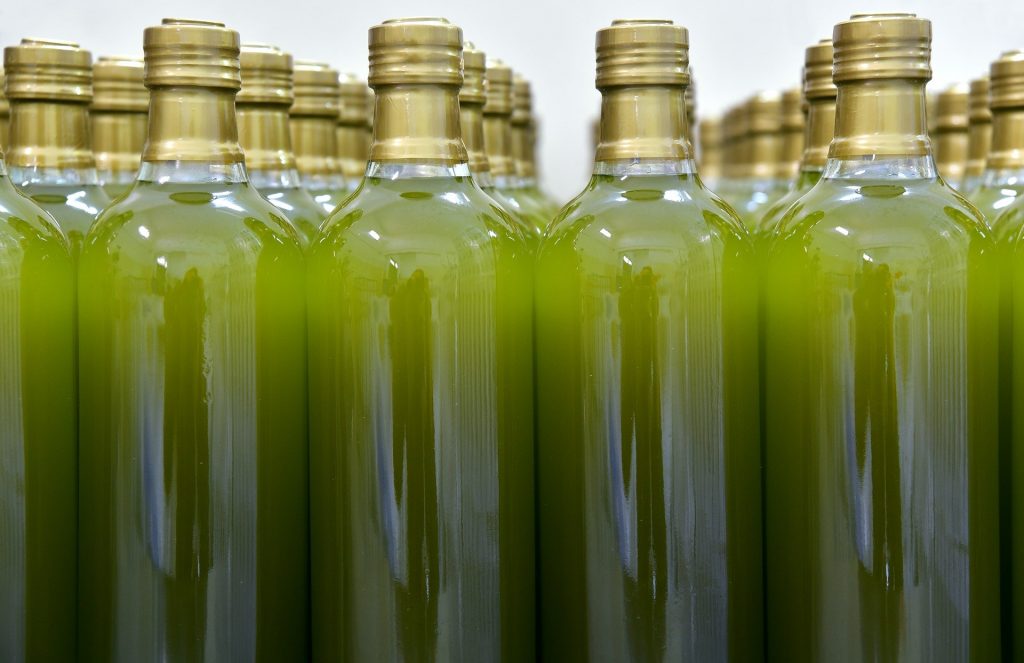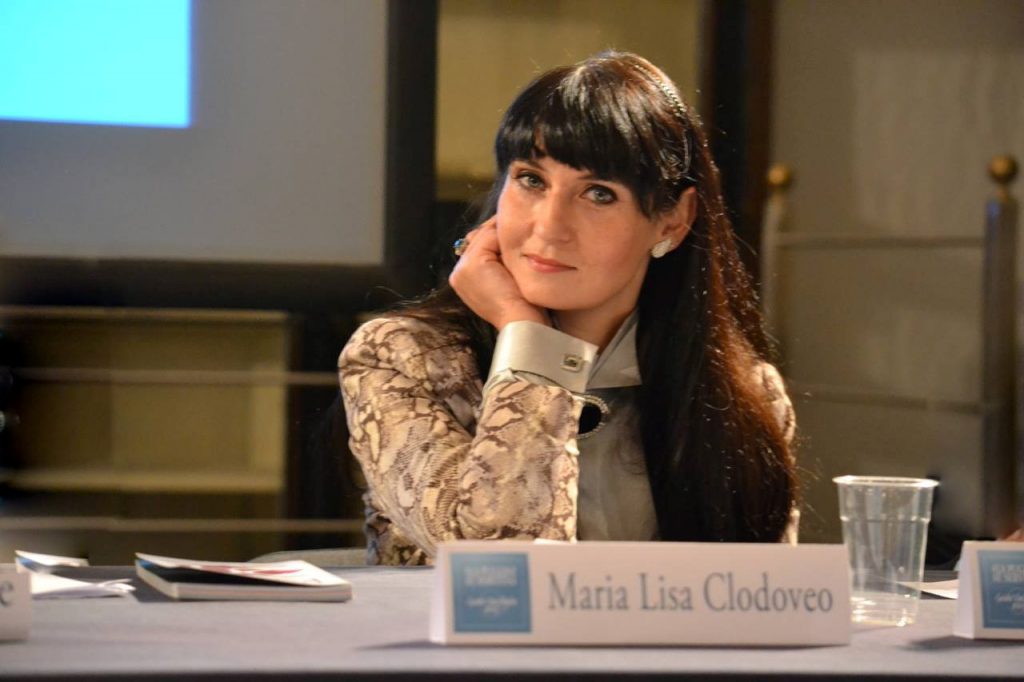by Maria Lisa Clodoveo
Published in 2020 in the International Journal of Gastronomy and Food Science, the article entitled “Gastronomic cultural EVOOlution of the virgin olive oil consumption model at the restaurant” is co-written by Maria Lisa Clodoveo, Filomena Corbo and Amalia Tsiami, and the collaboration between the University of Bari and the London Geller College of Hospitality and Tourism crystallizes.
The title announces a necessary evolution in the consumption patterns of extra virgin olive oil at restaurants, a premise that starts from the need to give the right value to the main product of the Mediterranean diet.
Today, the article is updated in the light of the changes that covid-19 has determined and will determine in the practices between customers and catering operators.
The article’s assumption stems from the observation that the gastronomic experience can be a motivating factor for improving the marketing of extra virgin olive oil at the restaurant and analyzes the “new” consumer, still in the pre-covid era, as a very complex and demanding figure, who seeks in the consumption of food products not only a means to satisfy the need to eat, but also a vehicle for experiences, emotions, feelings, culture, history, landscape, etc. The quality requirements do not only concern the chemical-physical and nutritional components of the product, but also the hedonistic ones, i.e. those relating to the sensory, health, typicality, sustainability aspects, etc.

In reality we have left behind us a pre-covid customer demanding in terms of information on the characteristics of the product and, shortly, we will find a post-covid customer who will enter the restaurant with a new vision of the concept of hygiene, which must take on a reciprocal value of right / duty between customer and restaurateur. Everything that is manipulated, both by employees and by customers, is now a potential vehicle, and new habits will develop, mutually guaranteeing the reduction of the risks of transmission of potentially pathogenic agents.
Alongside the precautions necessary for changing the table, such as replacing the used tablecloth or using disposable tablecloths and sanitizing the table surfaces, it will be tolerable, both for the customer and for the room operator, to handle from one table to another, and from one customer and the other, the same bottle of oil? Or in the worst cases the same cruet?
The article suggests, among the service innovations, to offer the customer a bottle of reduced size, to be opened at the moment, to taste, intact, the complex of smells and flavors shaped by nature and man.

This indication seems prophetic today due to the guarantees that a closed bottle, 100 ml, can offer, if sold in combination with the chosen dishes:
1. the closed bottle is a synonym of TRANSPARENCY in the relationship between restaurateur and customer because it keeps the sensory promise reported in the oil card, an effective sales tool, and allows the customer to feel neither “cheated” by a broken pact, nor inadequate to understand the sensory profile described, justifying the price;
2. the closed bottle is a guarantee of SAFETY because the customer can be sure of the relationship between the contents of the bottle and the label, and the seal, opened at the time of service, combined with the exclusive use of the bottle by the customer;
3. the closed bottle is a guarantee of HYGIENE because it is sealed and not touched by an unspecified number of other customers;
4. the closed bottle, finally, is a tool to protect the IMAGE and a form of PROMOTION of the product and of the producer because it allows to identify the distinctive characteristics of the chosen oil, makes it recognizable and builds customer loyalty beyond the experience at the restaurant.
What seemed impossible just a year ago, prophetically anticipated by a scientific article, could be one step away from becoming a reality. The scientist is in fact, by nature, able to anticipate, innovating, what becomes customary in the future. New scientific ideas have modified, improved and sometimes replaced old conceptions. Will it happen with extra virgin olive oil in the restaurant? Posterity will judge!

Maria Lisa Clodoveo is Associate Professor in Food Science and Technology at the Interdisciplinary Department of Medicine, University of Bari, Italy. She is the Director of the Short Master in “Health claims of Extra Virgin Olive Oil as Marketing Tool to Improve the Company’s Competitiveness”, and Director of the Short Master in “The Olive Oil Sensory Science and the Culinary Art”. She is a member of the “Accademia dei Georgofili” and of “Accademia Nazionale dell’Olivo e dell’Olio”. She is the founder of the “Research Centre for Olive Growing and Olive Oil Industry” at the University of Bari. She was the winner of the award ”Antico Fattore” (2016) assigned by ”Accademia dei Georgofili” for an innovative approach to virgin olive oil technologies, the award for ”Innovation and applicability” at the International Congress GENP 2016 for the results obtained in the application of ultrasound technology to the virgin olive oil process, and the “The Senior Scientist Award” at the International Congress GENP 2018 in recognition of her research achievements. She was awarded with the Menvra Award 2018 as woman of oil. She is a Principal Investigator of the European Project Horizon 2020—Fast Track for Innovation—Olive Sound. She is the inventor of two patents and the author of more than 100 articles and book chapters in the olive oil sector.

